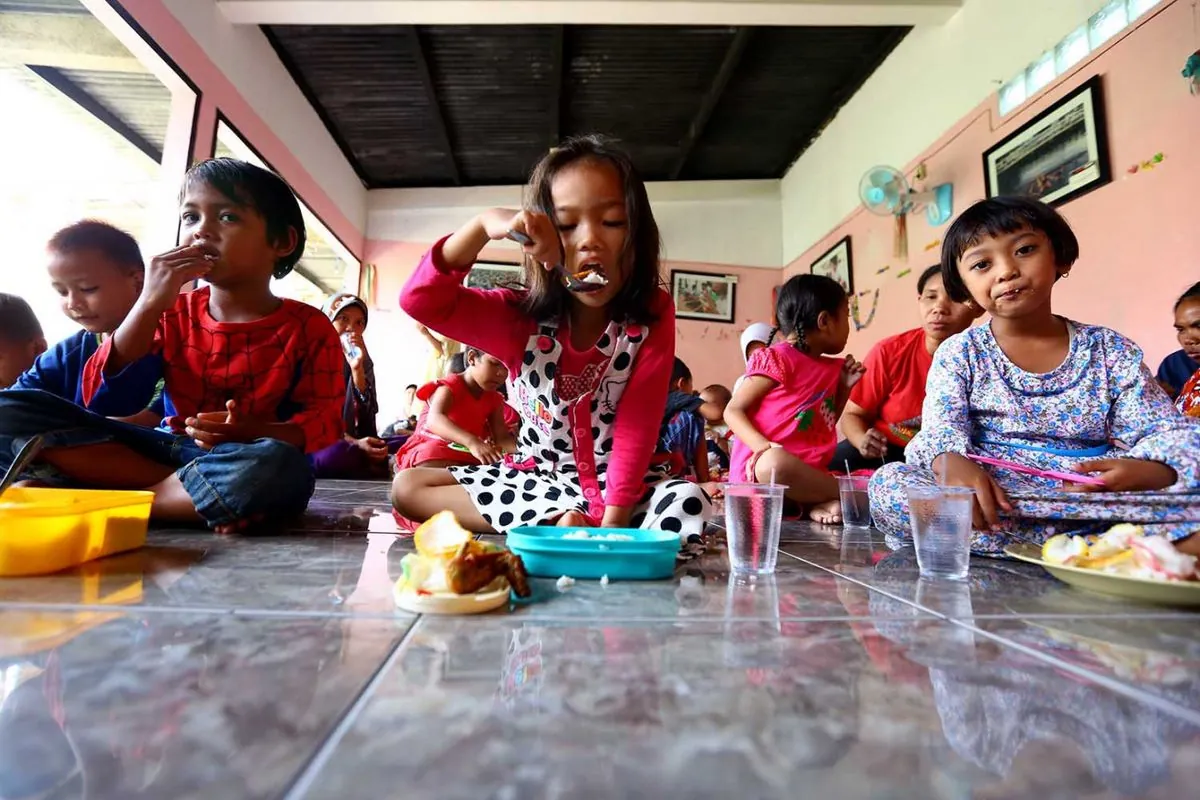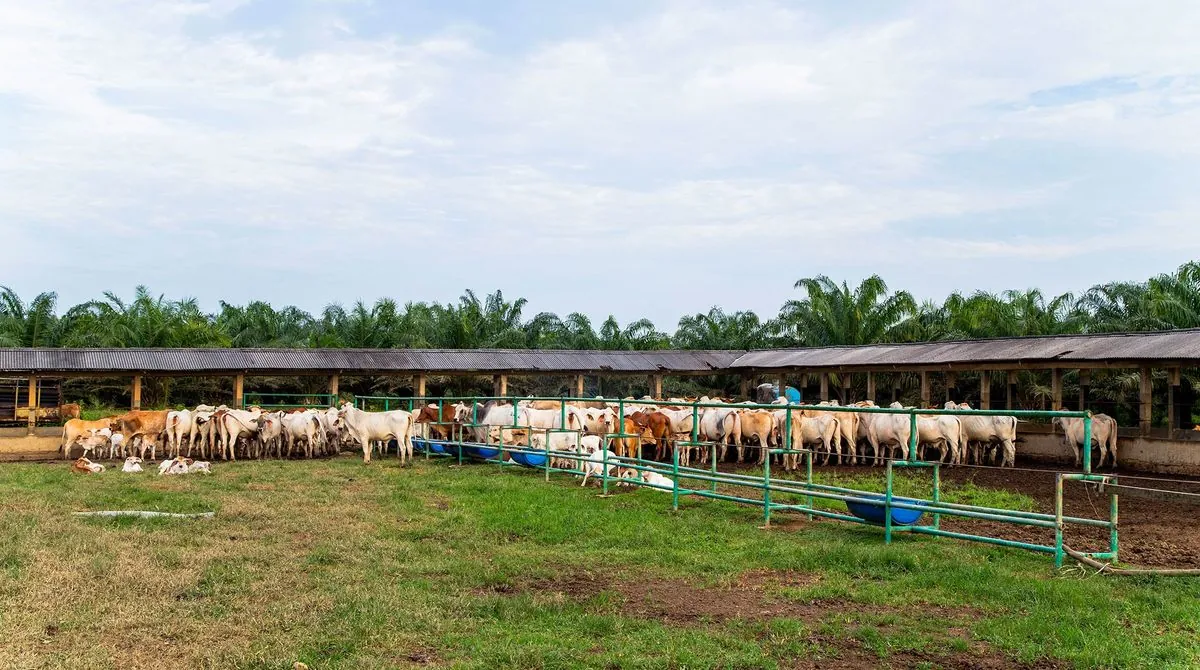Indonesia's Ambitious School Meal Plan to Boost Nutrition and Dairy Imports
Indonesia's president-elect proposes a $28 billion school meal program to improve nutrition for 80 million children. The initiative is expected to significantly increase dairy imports and stimulate domestic milk production.

Indonesia, the world's largest archipelagic state, is set to embark on an ambitious $28 billion school meal program aimed at improving nutrition for over 80 million children. This initiative, proposed by president-elect Prabowo Subianto, is expected to significantly boost dairy imports and stimulate the country's underdeveloped milk industry.
Subianto, who is scheduled to take office in October 2024 following his victory in the February 2024 election, campaigned on a platform of providing free meals to school children and expectant mothers. This program is designed to address Indonesia's nutritional challenges, where 21.5% of children under five are stunted, and the per capita milk consumption lags behind neighboring countries.
Indonesia's current annual per capita milk consumption stands at 16.27 kg, significantly lower than Thailand and Vietnam's 26 kg, and far below the global average of 100 kg. This disparity is attributed to limited land availability, high costs of dairy cattle farming, and small-scale ownership.
The proposed meal program is expected to require 4.1 million tons of milk, which is more than Indonesia's current annual consumption of 4 million tons. With only 16% of dairy demand met by domestic fresh milk supply, the country will need to substantially increase imports of dairy products, primarily from suppliers such as New Zealand and Australia.

Charlie McElhone, general manager of sustainable dairy at Dairy Australia, highlighted the enormous potential of this program, stating, "With 83 million kids and pregnant mothers in Indonesia, the opportunity is enormous." However, he noted that specific details are pending until Subianto assumes office.
Subianto has long advocated for a "White Revolution" to expand milk consumption in Indonesia. His campaign proposed importing 1.5 million head of dairy cattle to grow the domestic industry and reduce reliance on imports. This ambitious plan would significantly expand Indonesia's current dairy herd, estimated at just under 260,000 head among cooperatives and modern farms.
The program faces considerable logistical challenges due to Indonesia's unique geography, spanning over 17,000 islands across three time zones. To address this, the initiative may utilize centralized kitchens or source food from local small and medium businesses, cooperatives, and suppliers.
Ahmed Zaki Iskandar, an economics affairs ministry official advising Subianto's meals team, suggested that the program will prioritize underdeveloped, frontier, and remote areas where nutrition intake is poor and stunting levels are high. The meals are expected to be based on local ingredients, such as fish in coastal areas or boars and yams in mountainous regions of Papua.
While experts agree that providing healthy food to school-age children is crucial for long-term health and economic growth, they caution that it may be too late to effectively combat stunting. Nevertheless, the program represents a significant step towards improving nutrition and boosting Indonesia's dairy industry.
As Indonesia, the largest economy in Southeast Asia, moves forward with this ambitious plan, it will likely have far-reaching effects on both domestic agriculture and international trade in the dairy sector.
"The local consumption provided by this programme will eventually build Indonesia's local capacity to provide its population with milk and dairy products."


































